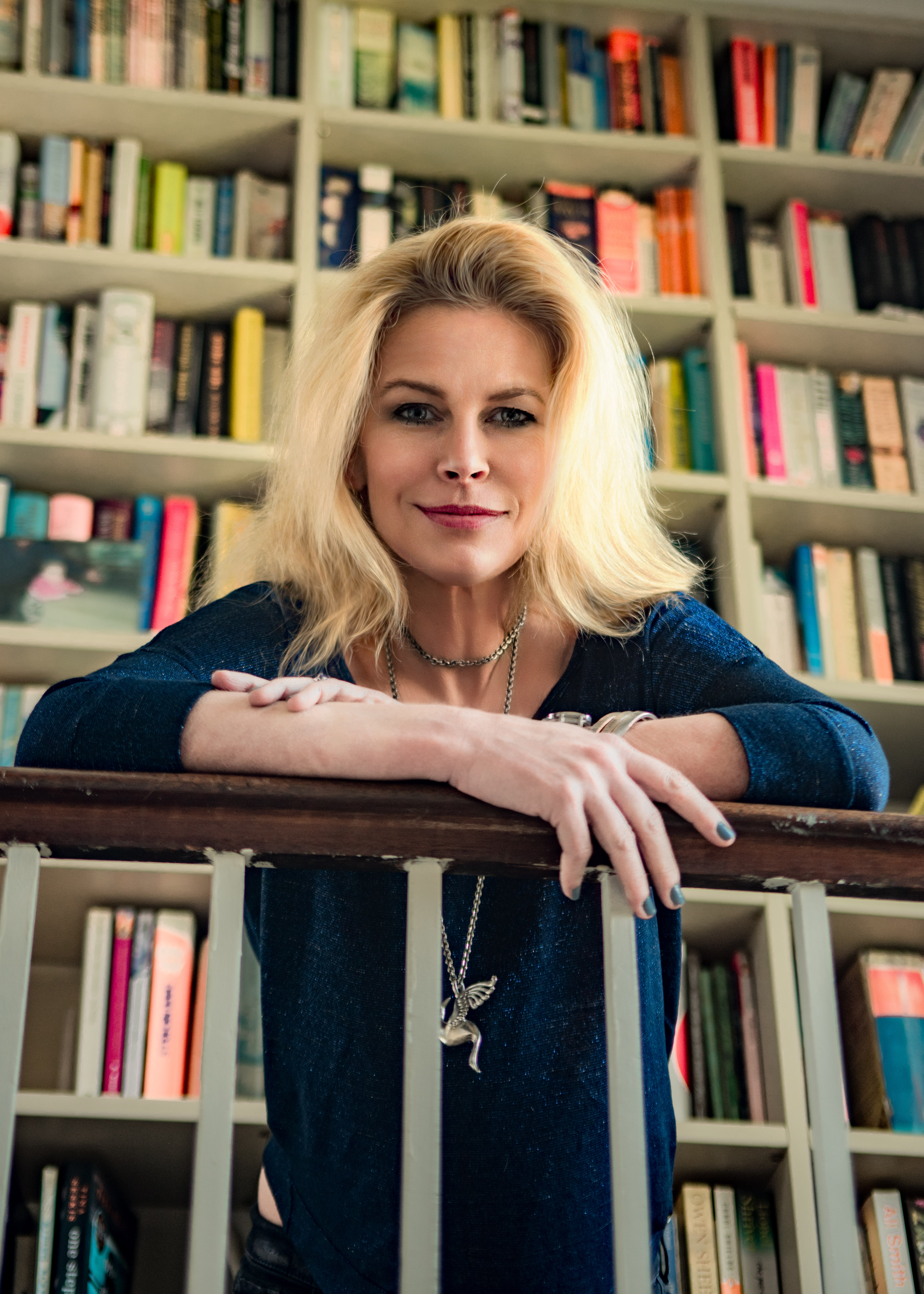When I started writing the Nat Walker series my hero, Nat, was an only child living in a nuclear family. Her parents led successful lives, and gave her a warm, happy family environment. In addition, she had a mentor - a wise, old man.

In the early chapter drafts of Crimson Poison I kept heading into plot roadblocks and dead-ends, trying in vain to isolate Nat from her strong, safe family so that she was exposed, thrown into precarious situations, with enough twists and turns in the narrative to create dramatic tension and drive the plot forward.
The critique group in Los Angeles that I belonged to at the time showed me the way: “You've got to do your worst to your protagonist, put ‘em under pressure. Make ‘em suffer!”
I drank a double-espresso and killed off Nat’s mother. Bingo! The lack of maternal bond gave Nat a desire to search for it in others. The plot got a rocket-powered boost.
It quickly stalled. Whenever Nat was in danger either one, sometimes both, of her strong male protectors came running to her rescue. Nat’s journey was more plain sailing than skating on thin ice. She needed independence. She needed orphaning so that I could test her, pushing her to the limits of her very being, both physically and mentally.
I killed off Nat’s dad too.
Nat began to operate outside of the traditional family unit, without the protective shield of her parents. It gave her the freedom to make her own choices. Her naivety and lack of parental guidance exposed her to alternative influences, both positive and negative.
This inherent vulnerability gave me free rein to deploy powerful, villainous characters directly into her path. Characters such as Aunt Vera moved in closer proximity than would be possible if she had been under the blanket of parental protection.
It gave me license to put Nat in precarious situations that would be unlikely or implausible for a normal child. These dangerous states helped raise the dramatic stakes of the story.
This orphaned vulnerability also presented me with an equal opportunity to place a strong, positive, unusual character near Nat – Jamuka, her Mongolian, kung-fu expert guardian.
The story began to gain wings and fly. Nat finally became an active protagonist. It got me thinking about the orphan trope… how long had it been used in story?
The roots of the orphan hero reach back into the realms of mythology and folk tales. From the Roman tale of Romulus and Remus we see orphaned twins suckled by a she-wolf, before their rise to become the founders of Rome. The classic story elements of Cinderella, the orphan girl who rises from destitution to marry a prince, have propagated throughout the centuries and across cultural boundaries.
But it was in the 19th century that the orphan hero rose to prominence in literature. High mortality rates made orphans commonplace. They brought a disruptive, dramatic element to society. This attracted the attention of many great authors. Perhaps the orphan hero’s greatest champion was Charles Dickens, whose novels David Copperfield, Oliver Twist and Great Expectations each told the story of a poverty-stricken, boy orphan rising through the ranks of society, against the odds, to gain fortune and success.
There were many tales of female orphans during that period too, some of my favourite stories from childhood – Heidi, Anne of Green Gables, Pollyanna, The Little Princess, and The Secret Garden.
Fast-forward to today’s storytellers, and we enjoy more orphan heroes in JK Rowling’s Harry Potter series, and Lemony Snicket’s A Series of Unfortunate Events.
The orphan character is not only a mainstay of many successful stories; it has stood the test of time.
And how do readers react to the orphan protagonist? Isolated from a traditional, nurturing family environment an orphan is a manifestation of loneliness and vulnerability. These circumstances are prone to triggering a strong, sympathetic reaction in the reader, drawing them into the character’s journey.
They can also explore the much darker aspect an orphan’s existence – that of mortality. The deaths of the parents can provide shadowy backdrop, creating tension and raising the dramatic stakes.
It’s been a rollercoaster ride writing the Nat Walker series. From the inception of the idea to where I am now, I've learnt so much along the way. But, by far my most important discovery has been in orphaning Nat from the start of her story. It enabled me to transform the way her story is told, firmly placing her at the epicentre of the plot.
Susan Moore was born in the verdant county of Derbyshire. She emigrated to California in her early twenties in search of sunshine and adventure. She found both at Skywalker Ranch, where she worked for the creative force of Lucasfilm. Unable to escape her own destiny, she finally returned home to England and embarked on the long road to becoming an author. She now lives in Surrey with her husband, daughter, and two, busy dogs - a chippet, and her very own wolf pup. She is fascinated by the potential of technology, particularly robots, and is keeping fingers crossed that dragon robots like Fizz will soon become a part of everyday life. She recently received an MA with distinction in Creative Writing from Kingston University. Visit her website here.
Comments